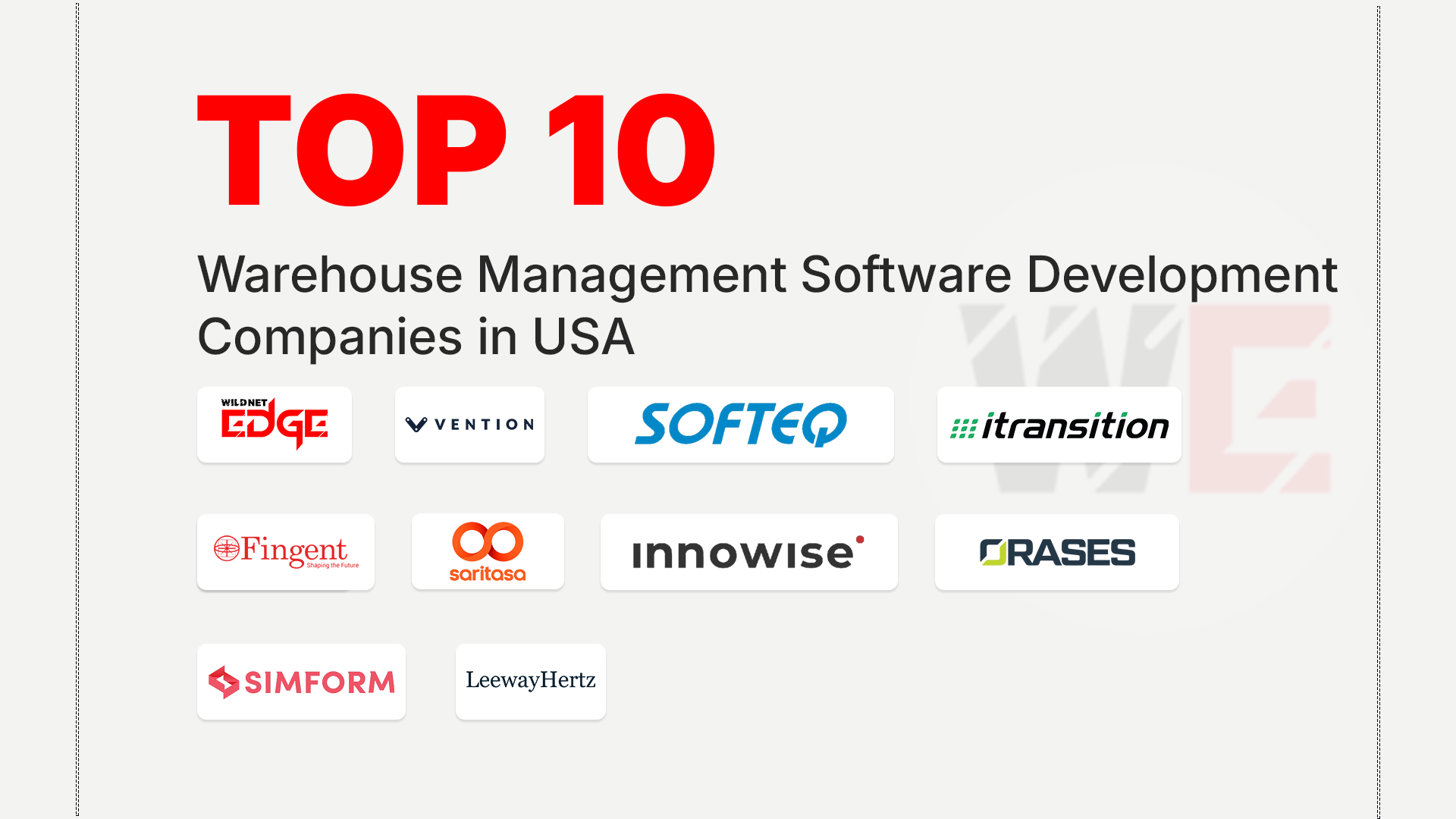The advent of AI in smart cities represents a transformative opportunity for urbanization, reimagining how city infrastructure operates and enhances daily living. As urban populations surge, cities face myriad challenges, including traffic congestion, waste management, and energy efficiency. How can these challenges be addressed effectively? By integrating advanced AI tools, urban planners and local governments can harness data-driven insights to streamline operations, improve public services, and foster sustainable living environments.
AI not only boosts operational efficiency but also significantly enhances the quality of life for residents. From predictive traffic management that reduces congestion to smart energy systems that promote sustainability, the impact of AI tools is profound and far-reaching. In this article, we’ll delve into impactful AI case studies in smart cities, explore key AI tools essential for urban management and planning, and discuss the critical roles played by software and mobile app development companies. Together, we will uncover how these innovations shape the urban landscape of tomorrow.
AI Case Studies Smart Cities
Successful Implementations of AI in Cities
Several cities worldwide have successfully implemented AI tools in smart cities, showcasing the potential of these technologies to address urban challenges. One notable example is Barcelona, which employed AI algorithms to optimize traffic flow and reduce congestion. By analyzing real-time traffic data, the city deployed adaptive traffic signals that responded dynamically to congestion patterns, leading to a 21% reduction in travel time during peak hours.
In Singapore, the government utilized AI for efficient waste management through a smart waste management system that leverages IoT sensors. These sensors track bin levels and send updates to a centralized system, allowing waste collection routes to be optimized. The implementation led to a significant reduction in operational costs and increased efficiency, demonstrating the power of data analytics.
Additionally, the city of Los Angeles implemented an AI-driven predictive policing program aimed at reducing crime. By analyzing historical crime data, the system could identify high-risk areas and allocate resources more effectively. Not only did this lead to a decrease in crime rates, but it also fostered greater community trust in law enforcement through more precise and fair resource allocation.
Lessons Learned from AI Case Studies
The successes of these AI implementations provide essential lessons for other cities looking to leverage technology for urban improvement. Key takeaways include:
- Data-Driven Decision Making: Data collection is paramount. Cities must invest in real-time data collection systems to feed their AI algorithms effectively.
- Adaptability: Each urban environment varies significantly. A solution effective in one city may not translate directly to another; therefore, local adaptability is crucial.
- Community Involvement: Engaging residents in the planning and implementation phases strengthens trust in AI solutions and ensures that the technology meets community needs.
By learning from these case studies, urban planners can construct tailored solutions that address specific challenges unique to their locality, paving the way for future implementations.
AI Tools in Smart Cities
Key AI Tools for Urban Management
To realize the vision of smart cities, a variety of AI tools in smart cities are crucial. These tools collectively enhance urban management and foster efficient public services. Here are some key technologies:
- Predictive Analytics: This involves using historical data to forecast future trends. For instance, predictive analytics can be used in traffic management to anticipate congestion and reroute traffic accordingly.
- IoT Sensors: Deployed throughout urban environments, IoT sensors collect real-time data on a variety of factors such as pollution levels, traffic flow, and waste bin capacity, feeding information directly into AI systems for analysis.
- Smart Grid Technology: Energy management is streamlined through AI-enabled smart grids that optimize energy distribution. This technology allows for real-time monitoring and adjustment based on consumption trends.
- Automated Public Transport Systems: AI can optimize routes for public transportation, improving efficiency and reducing wait times by analyzing passenger flow patterns.
These tools not only facilitate improved urban management but also enhance the overall quality of life for inhabitants, making cities more resilient and sustainable.
Innovative AI Tools for City Planning
AI tools are revolutionizing city planning processes, allowing urban planners to leverage data analytics for better decision-making. One innovative tool, CityEngine by Esri, empowers planners to visualize potential urban development projects through 3D modeling. This aids in understanding spatial dynamics and potential impacts of proposed buildings or infrastructure changes.
- GeoAI: This encompasses geospatial data analyzed together with AI technologies to enhance urban planning. Planners use GeoAI to make better land-use decisions, such as identifying ideal locations for new parks or public facilities based on demographic and geographical data.
- Simulations for Urban Design: AI-powered simulations help visualize how changes in infrastructure will impact traffic and pedestrian flow. For instance, cities can use simulation tools to experiment with different traffic layouts before implementing costly changes.
By integrating these innovative tools, urban planners can make informed decisions that proactively address residents’ needs in city development while ensuring optimal resource use.
Role of Software Development Company in Smart Cities
Collaborating with Software Development Companies
Partnerships between cities and a software development company are critical for executing effective smart city solutions. These collaborations foster innovation, bringing in the technical expertise necessary to develop and implement complex AI systems. Cities can benefit in multiple ways:
- Tailored Solutions: A software development company can create custom software solutions based on specific city needs, such as public safety, transportation, or environmental management.
- Continued Support: Effective partnerships include ongoing support and maintenance for AI systems, ensuring they adapt to changing urban environments and technologies.
This collaboration can take various forms, such as consultancy, joint ventures, or public-private partnerships (PPPs). Each model ensures cities can tap into the vast knowledge and resources available in the tech sector.
Top Software Solutions for Smart Cities
Various software solutions have emerged as vital players in the smart cities ecosystem. One notable software suite is IBM’s Intelligent Operations Center, which integrates data from various municipal departments to provide real-time insights for decision-makers. This allows for streamlined communication among departments, ensuring efficient responses to urban challenges.
Moreover, Microsoft’s Azure Digital Twins platform enables cities to create digital replicas of physical environments, allowing urban planners to simulate changes to infrastructure and assess their impact before execution. This level of foresight aids in minimizing costly mistakes and enhances overall efficiency in project execution.
Moreover, cities like Amsterdam have collaborated with software development firms to implement integrated traffic management systems that utilize AI to enhance mobility while reducing congestion and pollution levels.
Mobile App Development Company and Smart Cities
Impact of Mobile Apps on Urban Life
The role of a mobile app development company in smart cities cannot be overstated. Mobile applications serve as a bridge between city officials and residents, providing a platform for communication and engagement. Key impacts include:
- Streamlined City Services: Apps can offer residents easy access to city services, such as waste collection schedules or reporting streetlight outages. This elevates the user experience and increases satisfaction.
- Real-Time Updates: Through mobile apps, cities can inform residents about emergencies, traffic incidents, or new initiatives, promoting transparency and community involvement.
- Enhanced Citizen Engagement: User-friendly designs encourage interaction, making it simple for residents to provide feedback on city services or initiatives, thus fostering a sense of community.
Mobile applications effectively position cities as more responsive and adaptive to citizen needs, leveraging technology to improve overall urban experiences.
Case Studies: Mobile Apps Transforming Cities
Successful mobile app implementations offer insights into their transformative potentials. The city of Chicago, for example, developed the “”Chicago 311″” mobile app, which allows residents to report issues like potholes or graffiti directly to the city’s public works department. This resulted in a significant increase in reported issues and enhanced response times, showcasing the power of citizen engagement facilitated by technology.
Similarly, in San Francisco, the development of the “”SF Park”” mobile app enabled residents to find available parking spaces in real time, dramatically reducing parking search times and related traffic congestion.
These case studies underscore the effectiveness of mobile applications as a vital tool for enhancing urban living, fostering communication, and increasing responsiveness from city officials.
Future Trends for AI in Smart Cities
Emerging Technologies and AI Tools
The future of AI in smart cities is closely tied to the evolution of emerging technologies. Predictive maintenance powered by AI will enable cities to identify potential infrastructure failures before they occur, ultimately saving on costly repairs and enhancing safety.
Another notable trend is the incorporation of blockchain technology, which can provide secure data management for smart city services. For instance, decentralized data records can enhance public trust and transparency in urban governance.
Additionally, advances in machine learning are poised to refine AI applications across various sectors in urban environments, from waste management to public safety.
The Role of Data in Future Smart Cities
Data will continue to be the cornerstone of smart city development. Looking ahead, the processing and management of big data are essential for cities to leverage the full potential of AI tools. Strategies for effective data management include:
- Data Integration Platforms: Utilizing comprehensive platforms that integrate various data sources (e.g., transportation, energy, public health) will enable cities to gain holistic insights.
- Data Privacy Protocols: As cities collect and analyze vast amounts of data, establishing robust data privacy protocols will be crucial to build and maintain public trust.
Implementing these data strategies ensures that smart cities evolve sustainably, enhancing community engagement and improving service delivery in a data-driven world.
Challenges and Solutions of AI in Smart Cities
Common Challenges Faced by Urban Planners
Despite the promising potential of AI in smart cities, urban planners encounter various challenges in implementation. These include:
- Data Silos: Often, departments within city governments operate separately, leading to fragmented data that hampers comprehensive analysis and decision making.
- Funding Constraints: City budgets can restrict investment in advanced technologies, making it difficult to launch wider initiatives.
- Public Perception: Resistance from communities concerning privacy and data usage can hinder the adoption of AI solutions.
These challenges must be addressed proactively to realize the full benefits of AI in urban settings.
Solutions to Navigate Challenges
To overcome these hurdles, cities can adopt several strategies:
- Cross-Department Collaboration: Promoting interdepartmental cooperation facilitates data sharing and integration, ensuring that insights from various sources feed into decision-making processes.
- Public Awareness Campaigns: Engaging citizens through informative campaigns about AI benefits fosters transparency and community support, alleviating concerns regarding privacy and data usage.
- Targeted Funding: Cities can pursue partnerships with private sectors or grant opportunities that provide essential funding for technology initiatives.
By implementing these solutions, cities can effectively navigate challenges, ensuring the successful adoption and integration of AI tools that enhance urban living.
Conclusion
In summary, the utilization of AI tools in smart cities is an essential driver of urban innovation and efficiency. From successful case studies showing AI’s positive impacts to the critical roles played by software and mobile app development companies, these technologies are transforming the way cities operate and engage with residents. As an AI-first company, Wildnet Edge is poised to provide trusted solutions tailored to the unique challenges faced by urban environments. Whether you’re a city planner or a tech developer, the journey toward smarter, more sustainable cities begins with understanding and leveraging the power of AI tools.
If you’re looking to explore AI offerings that can revolutionize urban living, consider connecting with Wildnet Edge for insights and tailored solutions.
FAQs
AI helps optimize urban infrastructure, improves public services, and enhances quality of life through data-driven decision-making.
Yes, notable examples include autonomous public transport in cities like Singapore, smart waste management in Barcelona, and predictive policing in Los Angeles.
Essential tools include predictive analytics for traffic management, IoT sensors for real-time data collection, and automated public transport systems for efficiency.
They provide innovative software solutions tailored to urban challenges, enhancing efficiency through bespoke systems that integrate various city functions.
They create user-friendly applications that improve citizen engagement, streamline urban services, and promote communication between residents and city officials.

Nitin Agarwal is a veteran in custom software development. He is fascinated by how software can turn ideas into real-world solutions. With extensive experience designing scalable and efficient systems, he focuses on creating software that delivers tangible results. Nitin enjoys exploring emerging technologies, taking on challenging projects, and mentoring teams to bring ideas to life. He believes that good software is not just about code; it’s about understanding problems and creating value for users. For him, great software combines thoughtful design, clever engineering, and a clear understanding of the problems it’s meant to solve.
 sales@wildnetedge.com
sales@wildnetedge.com +1 (212) 901 8616
+1 (212) 901 8616 +1 (437) 225-7733
+1 (437) 225-7733















 ChatGPT Development & Enablement
ChatGPT Development & Enablement Hire AI & ChatGPT Experts
Hire AI & ChatGPT Experts ChatGPT Apps by Industry
ChatGPT Apps by Industry ChatGPT Blog
ChatGPT Blog ChatGPT Case study
ChatGPT Case study AI Development Services
AI Development Services Industry AI Solutions
Industry AI Solutions AI Consulting & Research
AI Consulting & Research Automation & Intelligence
Automation & Intelligence















